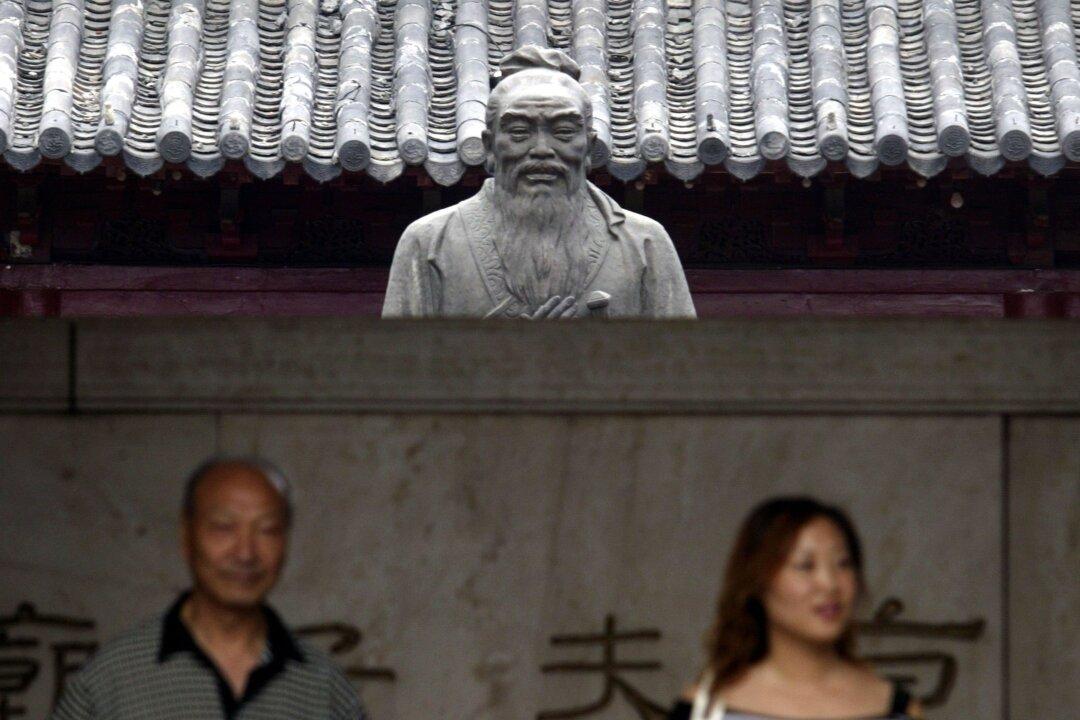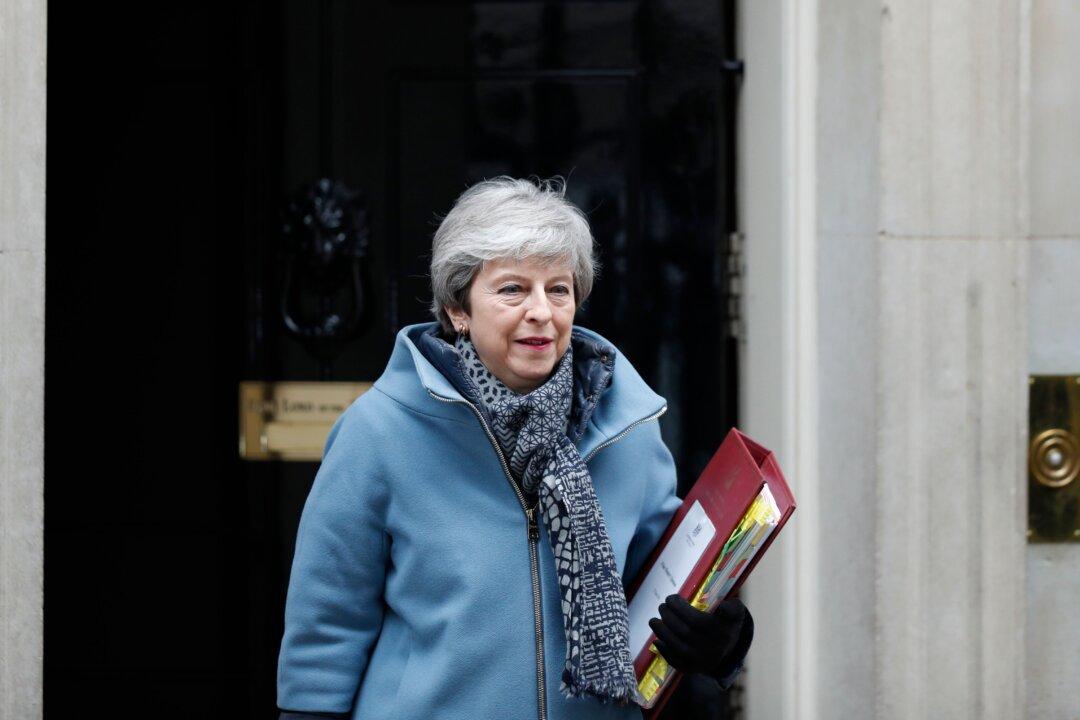LONDON—Confucius Institutes threaten academic freedom and spread Chinese communist propaganda around the world, a British political group has warned.
It’s the first time such a prominent group of British politicians has spoken out against Confucius Institutes (CIs), even though serious concerns have been raised for years by the United States and Canada.
Critics have long maintained that the institutes are part of China’s “soft power” propaganda tools of the communist state. They say academic freedom in CIs is limited, their source of funding is opaque, and they discriminate against religious minorities.
Lawmaker Fiona Bruce said that evidence submitted to the Conservative Party Human Rights Commission raised “very serious questions” about Confucius Institutes.
She added that measures should be put in place requiring “transparency and accountability in any future agreements between British institutions and Confucius Institutes.”
The Chinese Communist Party, which claims that Confucius Institutes promote Chinese language and culture, have about 525 CIs worldwide and at least 29 in the UK. They are embedded at major universities such as Edinburgh, Liverpool, Manchester, Newcastle, Nottingham, Cardiff, and University College London, along with 148 so-called Confucius classrooms in high schools around the UK.
Their importance to the Chinese regime can’t be overstated. In 2016, their budget was $314 million, and from 2006 to 2016, China spent $2.17 billion on CIs, according to their controlling agency, Hanban.
In 2009, former CCP propaganda tzar Li Changchun described Confucius Institutes as “an important part of China’s overseas propaganda set-up.”
“The Confucius Institute is an appealing brand for extending our culture abroad,” Li said. “It has made an important contribution toward improving our soft power. The ‘Confucius’ brand has a natural attractiveness. Using the excuse of teaching Chinese language, everything looks reasonable and logical.”
Tight Restrictions
Teachers at Confucius Institutes around the world are employed by China and are subject to Chinese laws, which include tight restrictions on speech.The Hanban website states that Chinese-language instructors have to be “aged between 22 to 60, physically and mentally healthy, with no record of participation in Falun Gong and other illegal organizations, and no criminal record.”
Requirements such as these amount to discrimination against people of faith; and it’s possible, the commission noted, “that given the crackdown on Christians, Tibetan Buddhists, and Uyghur Muslims in China, that employees who are Christian, Tibetan Buddhists, or Muslim could face the same discrimination.”
Rachelle Peterson of the National Association of Scholars said in her evidence that Yin Xiuli, director of the New Jersey City University Confucius Institute, told her in 2016, “We don’t touch” issues such as Taiwan, Tibet, and Falun Gong.
Concerns over CIs have prompted some universities to end or review their relationships with them.
In February 2018, FBI Director Christopher Wray revealed that the bureau was investigating Confucius Institutes.
“We do share that concern about the Confucius Institutes. We’ve been watching that development for a while,” Wray said.




